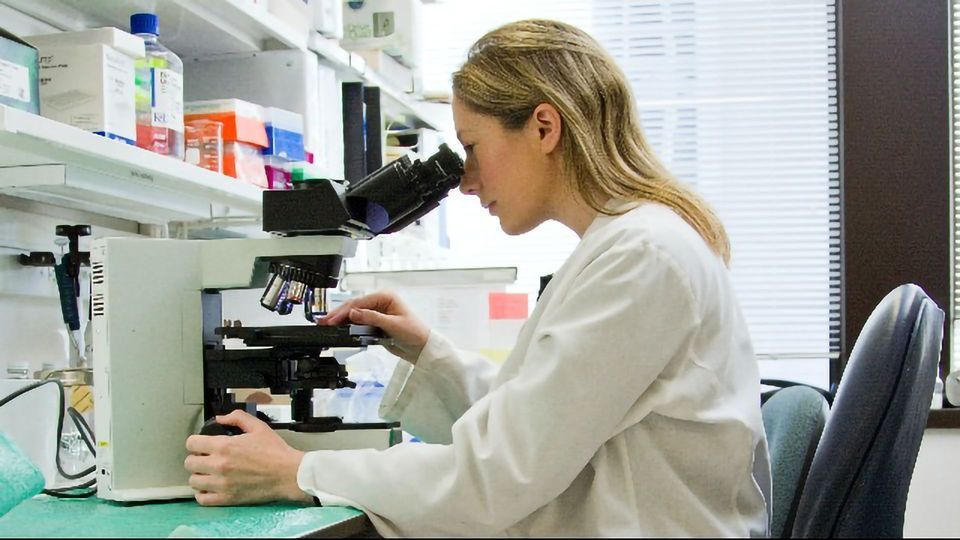Blood Test Can Predict Whether At-Risk Individuals Will Develop a Psychotic Disorder

Complete the form below to unlock access to ALL audio articles.
Researchers have shown that measuring the amounts of certain proteins in an individual's blood can predict whether those at increased risk of developing psychosis will develop a disorder years later.
The study is published in the current edition of JAMA Psychiatry and was led by researchers from RCSI University of Medicine and Health Sciences.
Based on certain criteria, such as mild or brief psychotic symptoms, some people are considered to be clinically at high risk of developing a psychotic disorder, such as schizophrenia. However, only 20% to 30% of these people will actually go on to develop a psychotic disorder.
The researchers analysed blood samples taken from people at clinical high risk of psychosis. These individuals were followed up for several years to see who did and did not develop a psychotic disorder.
After assessing the proteins in blood samples and using machine learning to analyse this data, the scientists were able to find patterns of proteins in the early blood samples that could predict who did and did not develop a psychotic disorder at follow-up.
Many of these proteins are involved in inflammation, suggesting that there are early changes in the immune system in people who go on to develop a psychotic disorder. The findings also suggest that it is possible to predict their outcomes using blood samples taken several years in advance.
The most accurate test was based on the 10 most predictive proteins. It correctly identified those who would go on to develop a psychotic disorder in 93% of high-risk cases, and it correctly identified those who would not in 80% of cases.
"Ideally, we would like to prevent psychotic disorders, but that requires being able to accurately identify who is most at risk," said Professor David Cotter, the study's senior and corresponding author and professor of molecular psychiatry at RCSI.
"Our research has shown that, with help from machine learning, analysis of protein levels in blood samples can predict who is at truly at risk and could possibly benefit from preventive treatments. We now need to study these markers in other people at high risk of psychosis to confirm these findings."
A patent application has been filed, and the research team is working to commercialise this research through licensing or partnering with industry.
Reference: Mongan, D., Föcking, M., Healy, C., Susai, S. R., Heurich, M., Wynne, K., Nelson, B., McGorry, P. D., Amminger, G. P., Nordentoft, M., Krebs, M.-O., Riecher-Rössler, A., Bressan, R. A., Barrantes-Vidal, N., Borgwardt, S., Ruhrmann, S., Sachs, G., Pantelis, C., Gaag, M. van der, … McGuire, P. (2020). Development of Proteomic Prediction Models for Transition to Psychotic Disorder in the Clinical High-Risk State and Psychotic Experiences in Adolescence. JAMA Psychiatry. https://doi.org/10.1001/jamapsychiatry.2020.2459
This article has been republished from the materials provided by the RCSI. Note: material may have been edited for length and content. For further information, please contact the cited source.

